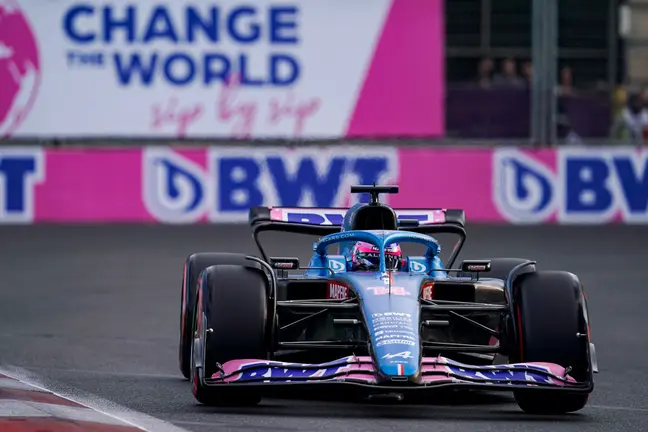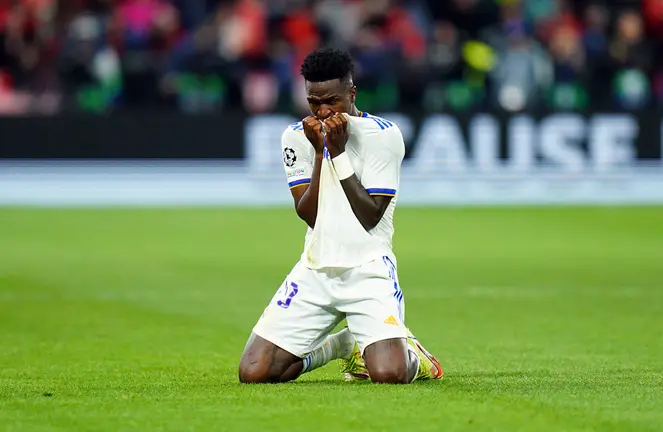The 2020 Formula One season finally gets underway after a coronavirus-related dealy of almost four months, on Sunday with the Austrian Grand Prix in Spielberg.
Eight races in Europe have so far been scheduled in a revised calendar, behind closed doors and amid a strict hygiene protocol.
F1 sports director Ross Brawn has spoken of a "new norm for the rest of the year" in which organizers hope to stage at least 15 grands prix.
Following are key questions around the season:
What are the restrictions?
Fans are barred for the time being, with only some 3,000 staff allowed to the tracks. They are made up of reduced-strengths members of the 10 teams and their suppliers, officials, course stewards, some media and those involved in other races such as F2.
Entry to the paddock is heavily restricted, there are no motor homes and VIP areas. Teams work under strict hygiene rules in their own bubbles and or to have as little contact with other teams as possible. Mechanics are to wear face masks.
The programme itself doesn't change, with free practice on Friday, final practice and qualifying on Saturday, and the races on Sunday.
How many races this year?
F1 bosses aim for at least 15 races which are seemingly needed to meet contracts and generate most of the television and sponsorship income.
So far eight races in Europe have been scheduled until September 6: after the Austrian double header the teams move to Budapest, then two races in Silverstone, Barcelona, Spa-Francorchamps and Monza. Another race appears to be scheduled in Italy in Mugello, and trips to Sochi and Shanghai are also likely.
Three so far not cancelled races in the Americas are unlikely while the season is to end in Bahrain and Abu Dhabi.
What does the break mean for the drivers?
It has been seven months since the December 1 season-finale 2019, with only the February test drives in Barcelona for the 20 drivers and their teams.
Drivers have had simulator training, and some competed in virtual racing events. Coronavirus-related proceedings could be tested in old cars but the real return could pose a real challenge for the drivers, their fitness and their driving skills.
What does the restart mean for the teams?
Lacking income especially hurt private teams like Williams and McLaren.
Many teams had reduced working hours, the factories closed for weeks. Financial pressure led to a further reduction of the 2021 budget cap, and smaller teams are to receive a bigger share of prize money.
Works teams like world champions Mercedes or Renault also suffered because worldwide car sales plunged. F1 must continue to fight for its future and to do this it needs races.
Who is the favourite?
Lewis Hamilton and his Mercedes are the ones to beat, and Hamilton can draw even with Michael Schumacher on a record seven world titles while the silver arrows (now in black livery in support of diversity) can make it seven constructors' crowns in a row. But Mercedes have traditionally struggled in Spielberg and Budapest which could give them a difficult start.
Red Bull's Max Verstappen, by contrast, won the last two Austrian races and earned his first career pole last year in Budapest.
What about Sebastian Vettel?
The biggest news during the extended offseason was that Ferrari will not renew the contract of Sebastian Vettel after the season.
It remains open where and whether at all Vettel will compete in the sport. But the four-time world champion will surely be determined to try his best to land a world title after all in his sixth and last season for the Scuderia who rather set their future hopes in young team-mate Charles Leclerc who finished ahead of Vettel last season.








